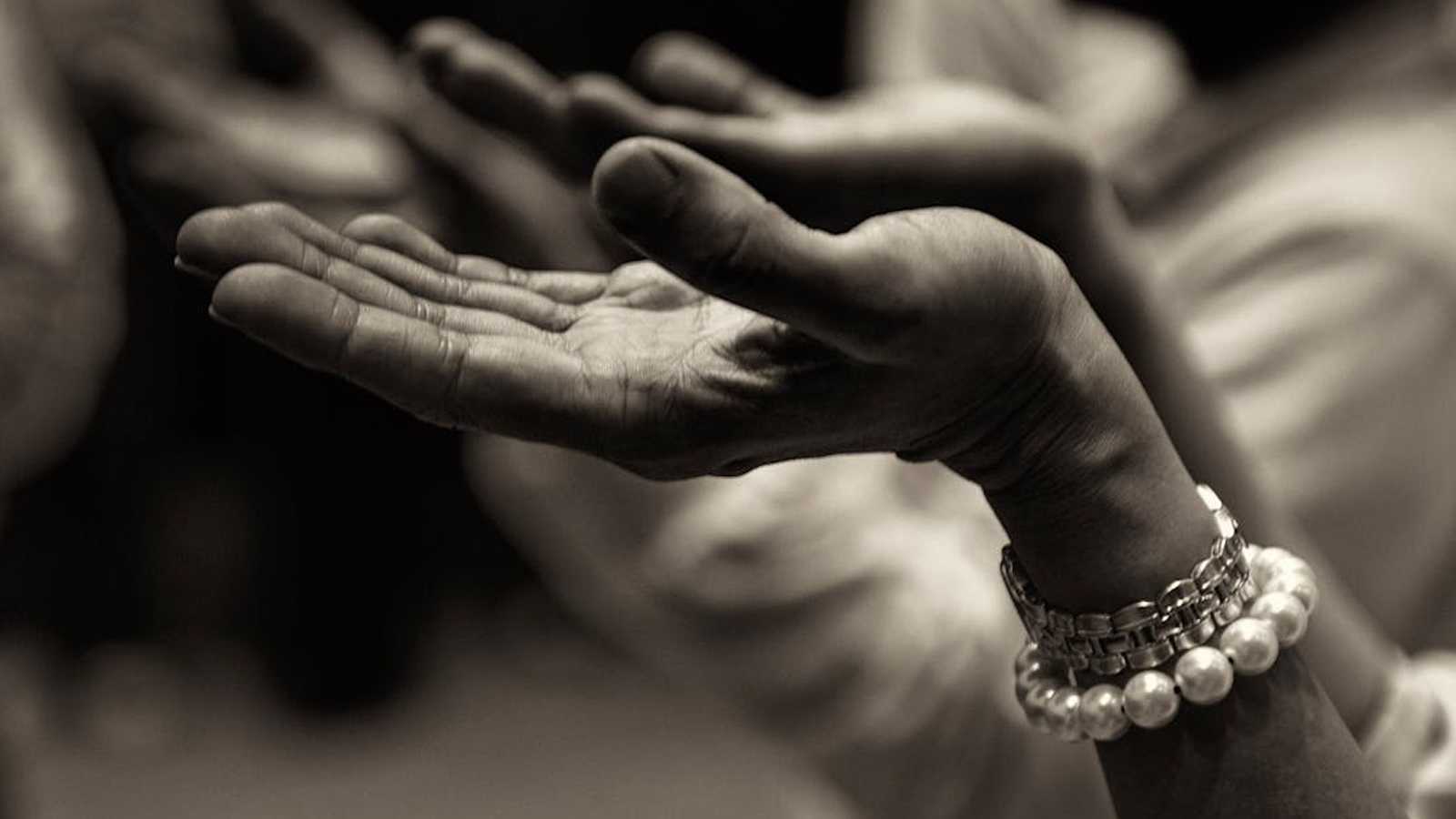Suffering is a universal experience—woven into the fabric of the human condition. Yet, most of us rarely account for hardship when mapping out our lives. Mike Tyson, the undefeated heavyweight champion, once quipped, “Everyone has a plan until they get punched in the mouth.” Tyson, who entered every fight expecting victory, eventually tasted defeat—first in a shocking knockout, then five more times before hanging up his gloves. Life, like the boxing ring, delivers both triumph and defeat, blessing and calamity, prosperity and hardship. None of us are immune.
When adversity strikes, it can leave deep marks—what psychologists call “trauma.” Trauma is the emotional fallout from living through distressing events, especially those that are severe, sudden, or unpredictable. Its impact can be profound and lasting, as the Winston family discovered. Trauma shakes our sense of safety, erodes our identity, and strains our relationships. Over time, we may feel powerless, anxious, or trapped in fear. Flashbacks, headaches, and even physical symptoms can haunt us long after the event.
Why does suffering hit us so hard? The answer lies in our expectations—our “global” beliefs about the world and ourselves. Trauma shatters these assumptions, especially if we believed we were somehow insulated from pain. In the aftermath, we’re forced to either reinterpret the event to fit our old worldview or revise our worldview to accommodate the new reality. This process is disorienting, but it is also the beginning of something deeper.
Trauma often sparks spiritual questions, even for those who never gave faith much thought before. Research confirms that survivors of trauma are more likely to ponder religious questions and become attuned to spiritual realities. Faith in God or a higher power often grows, even among the previously skeptical. Suffering has a way of opening our eyes to realities we once ignored.
For some, trauma casts a long, unrelenting shadow. Life becomes a dark tunnel with no hint of light ahead. Yet not everyone remains in this valley. Some find their way back. Psychologists call this “resilience”—the ability to bounce back and return to one’s pre-trauma level of mental health. Rocky Balboa, the fictional boxer, captured this spirit: “It’s not about how hard you can hit; it’s about how hard you can get hit and keep moving forward.” Resilient people absorb the blow, steady themselves, and keep going. They refuse to let trauma define them.
But there is something even more remarkable than resilience. Some survivors don’t just recover—they grow. This phenomenon, known as “post-traumatic growth,” was first studied in the 1990s. Those who experience it emerge from hardship with new strengths and perspectives. They develop deeper relationships, discover fresh possibilities, recognize personal strengths, embark on spiritual journeys, and cultivate a greater appreciation for life. Their flourishing is not in spite of trauma, but because of it. Suffering becomes the soil in which new growth takes root.
Researchers call this process “meaning-making”—the effort to make sense of suffering by weaving it into a larger narrative. But as Viktor Frankl argued, true flourishing comes not from inventing arbitrary meaning, but from discovering meaning rooted in objective reality. “Meaning-finding” is a more accurate term. When people find meaning in their suffering, their psychological and physical well-being improves. They are less likely to be depressed, mentally ill, or suffer from PTSD. They are also less prone to addiction and suicide.
Meaning-finding is transformative. It helps people cope with trauma and other challenges, imbuing life with significance, purpose, and coherence. Those who find meaning set new goals, both personal and professional. They tend to earn more, give more, and volunteer more. They are more likely to exercise, even if they were previously inactive, and they enjoy a higher quality of life as they age. They make peace with mortality and often live longer.
The Bible paints an honest picture of reality—it acknowledges the inevitability of suffering and points the way to victory. Jesus told His followers to expect tribulation, even unjust suffering. But He also promised that pain would not be without purpose. Trauma can shape our character, deepen our compassion, and conform us to the image of Christ—the God-man who knew suffering intimately. The Bible paints an honest picture of reality—it acknowledges the inevitability of suffering and points the way to victory. Share on X
Jesus endured the ultimate “fiery trial”—an unjust, brutal death on a cross. He does not stand aloof from our pain; He enters into it with us. He weeps when we weep, listens when we cry out, and walks with us through every valley. He knows suffering firsthand—and He has overcome it.
Scripture encourages us to seek understanding, to control our emotions, and to focus on our blessings. We are urged to talk about our trauma—with each other and with God—and to see it as part of a larger story, a catalyst for endurance, character, and hope. We are called to share what we’ve learned with others who are hurting.
But this wisdom would be hollow without the power of Christ Himself. Jesus conquered death and the grave, and when we trust Him, He empowers us through His Spirit. He is not just a model of resilience—He is the source of real power. United with Him, our trauma cannot hold us any more than the grave could hold Him.
To learn much more about the nature of trauma and the cure that contributes to human flourishing and establishes the reliability of the Biblical record, please read The Truth in True Crime: What Investigating Death Teaches Us About the Meaning of Life.





















Patricia
September 29, 2025 at 7:22 am
It is absolutely correct that through the power of the HS we can not just survive trauma but thrive. There still will be pain, but learning how to trust God with that pain and choose love has been an important lesson in freedom. Mr. Wallace can you please message me, you worked with my husband.